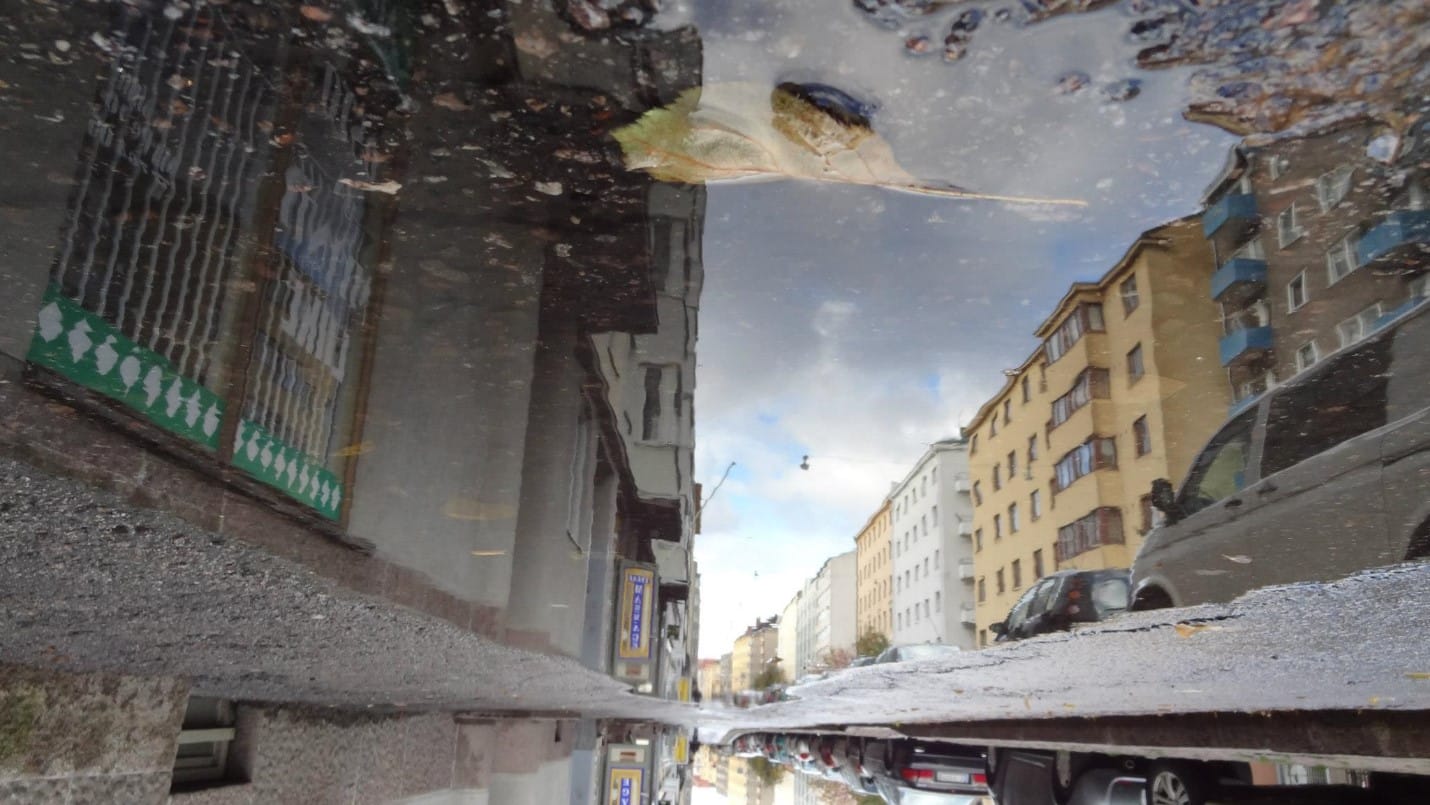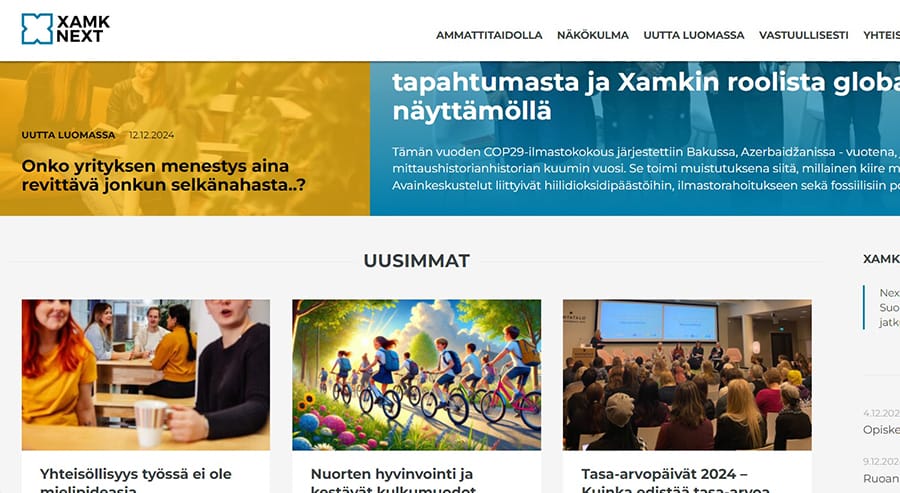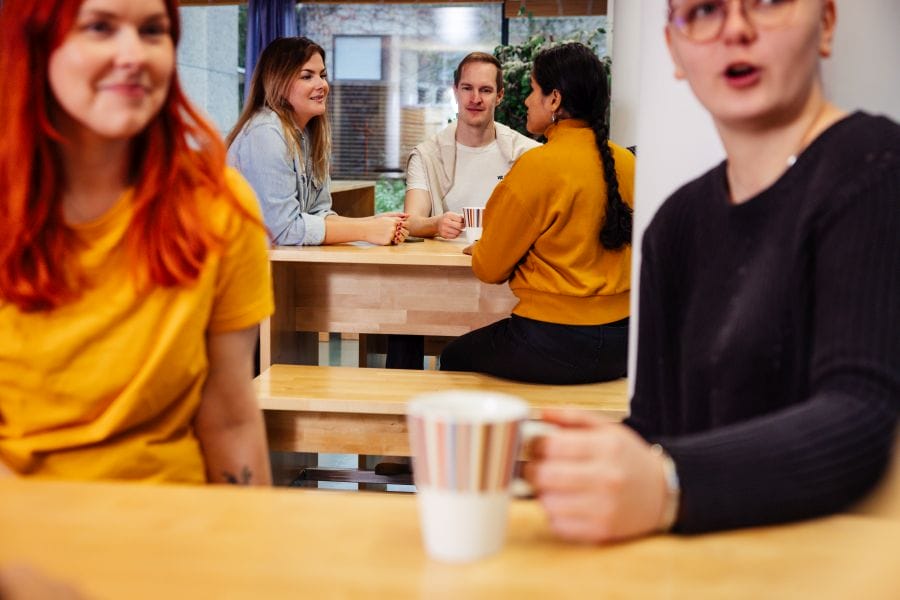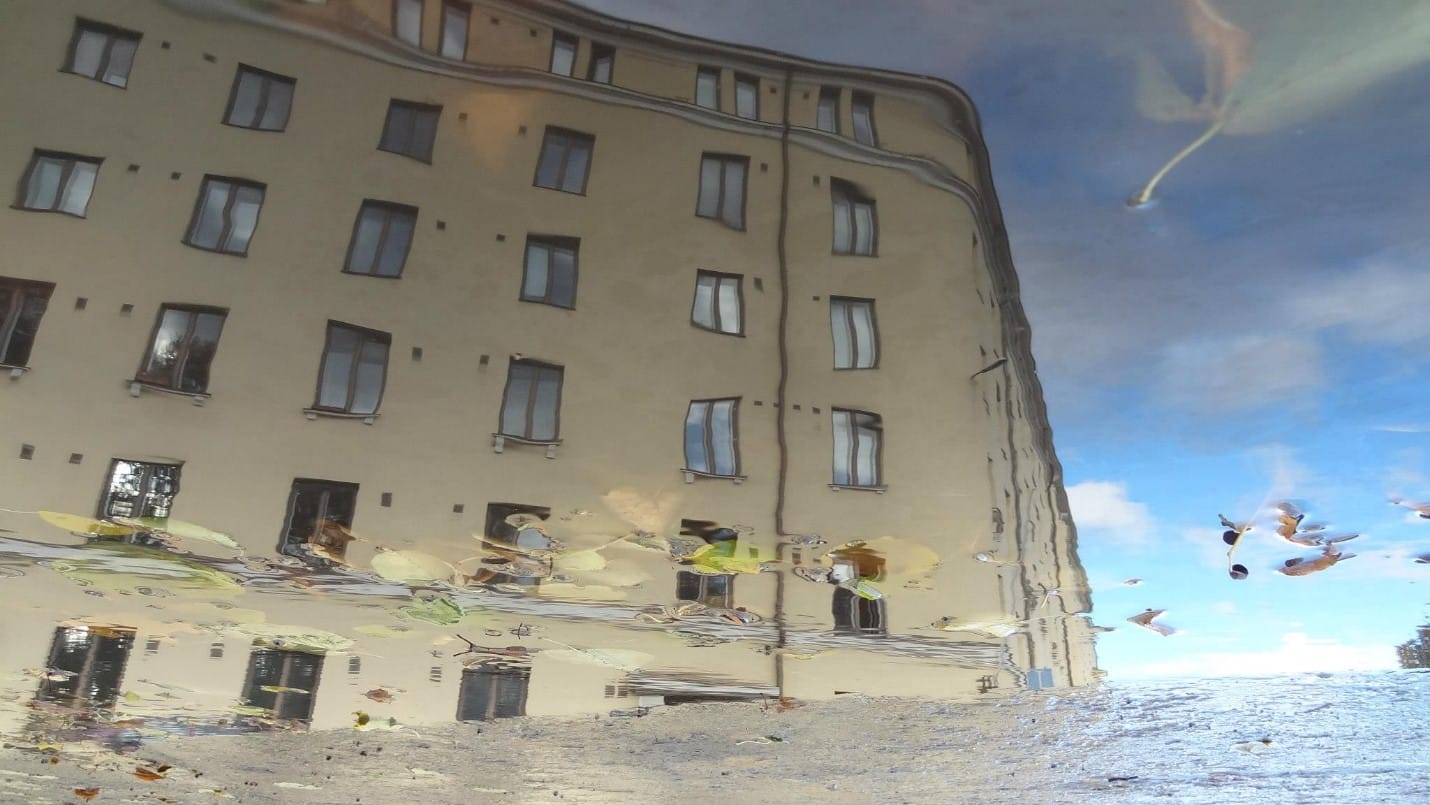Thoughts about employment in creative fields in Finland
In the modern world cross-border co-operation (student and staff exchanges, internship, projects, and others) is much easier than ever, but some barriers do exist as we can see in cultural co-operation, which we studied in Finnish creative fields.
International students, who participated in Winter Camp 2020 (an event organized by Culta: cultural training and activation initiative –project) have pointed out the following issues in cross-border co-operation (mainly on example of Finland):
- bureaucratic nature (f.eg. visas, permissions)
- financing barriers
- long distances
- communication and language
- cultural differences.

The most often appearing barrier was cultural and communication skills. I could relate pretty well to issues that came up in the study, to my own experiences. I had some bureaucratic nature difficulties with the registration of my stay, learning Finnish was another challenge, and also cultural shock appeared when I tried for the first time a salmiakki ice-cream after arriving on sunny August afternoon to Finland.
Culture has a very important role in both every day and professional life. No wonder, that it gets the attention of international students. Countries differ between each other culturally (including working culture) in a few aspects, which Hofstede (1991) calls – dimensions.
- power distance determines the degree of equality and the same inequality between people. Power distance occurs in almost every relationship, for example in the family (parent-child), at school (teacher-student), at work (supervisor-subordinate), in the office (clerk – petitioner). Power distance is rather small in Nordic countries, including Finland.
- uncertainty avoidance can be pictured as the feeling of members of society related to ambiguous, unknown, new or unclear situations, there can be weak and strong tolerance. Finland belongs to the group of countries with high tolerance to uncertainty.
- individualism vs collectivism. Finland is a clear example of the individualism-oriented society, where every person is perceived as an independent and individual being, capable of making his/her own decisions. In individualistic societies, respect for private life and private property of others plays an important role. Individuals communicate directly, expressing their opinions in a clear and honest manner, avoiding disputes, as everyone has the right to express their views. The bonds between individuals are looser than in collectively orientated societies.
- masculinity vs femininity refers to created gender patterns and gender equality principles in many everyday spheres, such as education, work, politics, earnings. Various studies show that there is a lot of equality between genders in Finland.
- long-term vs short-term orientation relates to values and traditions, how kept and honored they are. Finnish culture is characterized as more normative, than pragmatic.
- indulgence vs restraint refers to strict social norms vs social freedom to fulfill one’s desires regarding having fun and enjoying life. Finland got the high result, which means, that people in here value enjoying their leisure time and having fun.

Getting to know other cultures is a constant process of doing and learning that opens our minds and brings a lot of other benefits. Learning new skills (not only language and culture, but social or work skills) can take place through concrete doing: learners do participate in actions, through which they gain knowledge.
It has helped me to understand how this society works, what rules people follow, and which values that are important for most Finns as well as learn about myself through realizing how I as an individual interpret the world around in different environments.

Though cultural understanding is strongly influenced by how we interpret the environment, it can sometimes be overestimated. There is no such thing as an objective experience. How we perceive reality, also in different countries is after all the sum of our own interpretation, which is affected by various factors, not only cultural once.
Getting to know other cultures is a process of doing and learning that opens our minds and brings a lot of other benefits. I have illustrated this article with pictures taken by me during my stay in here; photographing has helped me discover better surrounding and get a new, creative approach to everyday challenges.




